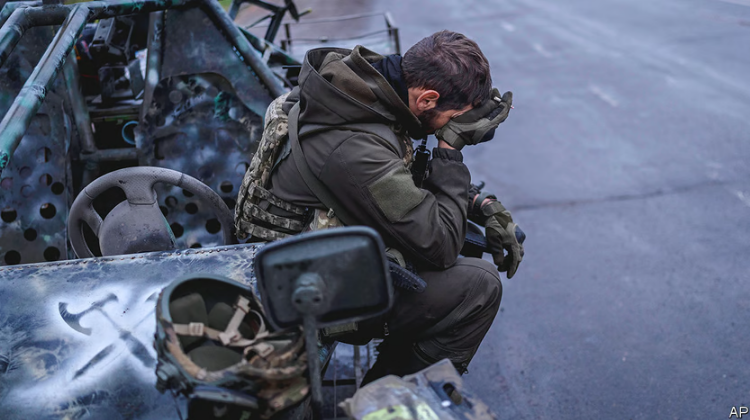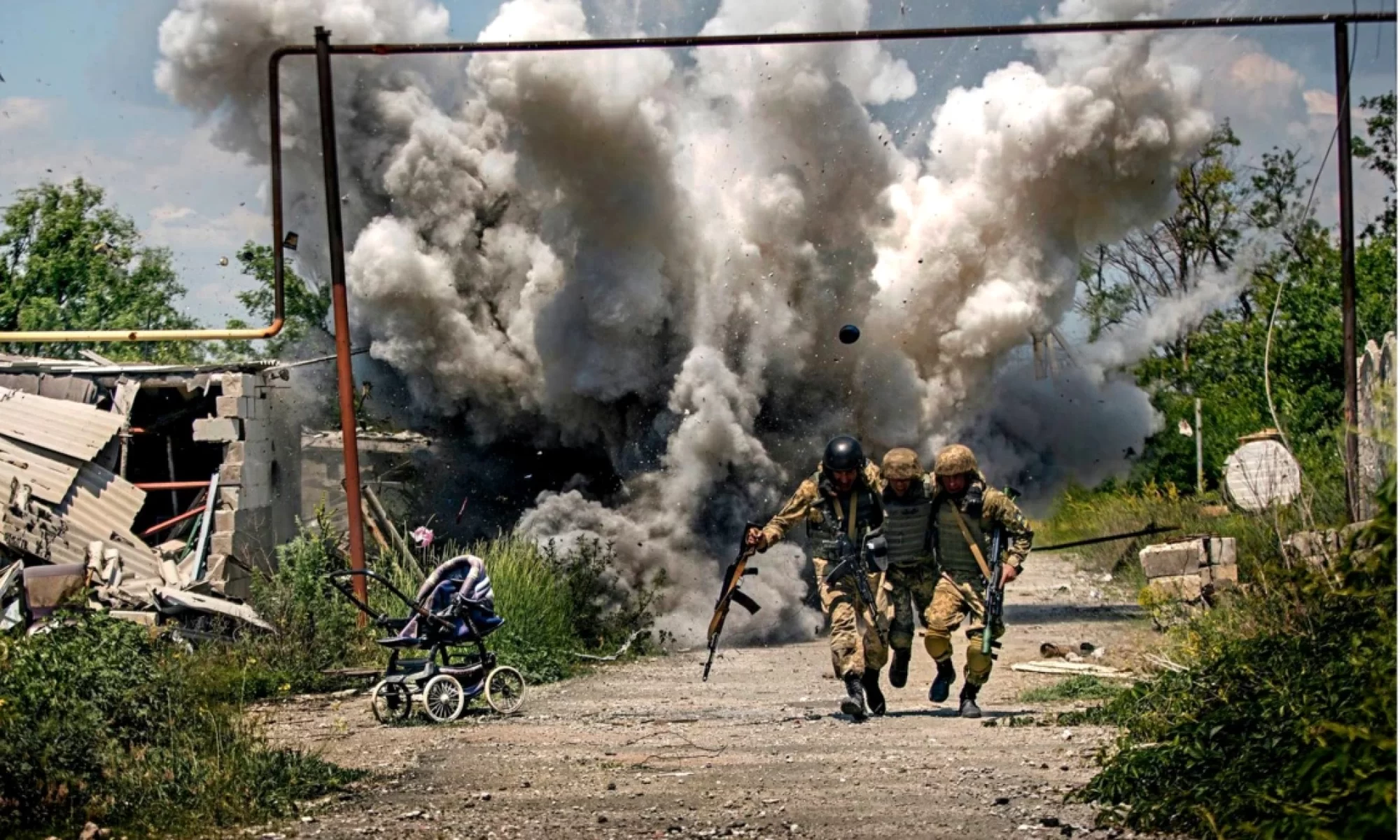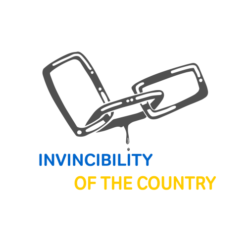Treatment has progressed, but not nearly enough

In the gloom of a grey and freezing late-January morning it is a forbidding place. Its location is also secret, beyond the fact that it is somewhere in Kharkiv province in Ukraine’s north-east. Soldiers arriving or departing from what is the country’s only military rehabilitation centre dedicated to post-traumatic stress disorder (ptsd) do so in civvies, so as not to draw attention. Every week around 100 soldiers arrive for treatment, suffering the gamut of battlefield trauma symptoms: from sleeplessness and nightmares to flashbacks and crushing feelings of guilt at having survived when so many of their comrades fell.
Sergeii Batowslay, a soldier since 2015, says that half of his unit, more than a hundred men, have been killed since the Russian invasion began almost a year ago. On the front you are constantly pumped up and full of aggression, he says, and that takes not just a mental toll but a physical one too, leaving you run down and exhausted. He has suffered from panic attacks, and in civilian life small irritations can trigger surging aggression. In general, he says, “guys keep their problems to themselves,” but here, being able to talk, one-to-one with a psychologist or in a group with other soldiers who have experienced similar symptoms, has been a breath of fresh air.
Typically, says Colonel Oleksandr Vasylkivskiy, the director of the centre, ptsd is brought on by explosions, triggering panic or withdrawal. Men report being haunted by the cries of their wounded and dying comrades. Officers and psychologists attached to units try to spot the symptoms of ptsd in their soldiers early, in order to send them for treatment before the problem escalates and they become aggressive or violent in civilian life. Families can join therapy sessions at the centre to learn what their husbands or fathers have been through, and how to help.
The centre opened its doors in July and so far some 2,000 soldiers have passed through it. All this is new for Ukraine. Before the first phase of the war in 2014-15, when Russia seized Crimea and supported separatists in Donbas, few who needed to see a psychologist wanted to, says Colonel Vasylkivskiy, because it was akin to admitting to “being crazy”. Until then, psychologists were also, in Ukraine’s inherited Soviet military tradition, part of its political section. Their job was not to treat soldiers with problems but rather, says Major Maksym Baida, to punish them for not being up to their job. Now the job of military psychologists like him is help soldiers and persuade them that they are not to blame.
Much has changed since 2014-15. Some soldiers returning from the front with psychological problems, exactly like Western soldiers coming home from Iraq or Afghanistan, have turned to drink and drugs and can become aggressive and violent. As a result, says Colonel Vasylkivskiy, the number of psychologists in the army has been increased by about 40%, and soldiers in training are told not to be shy about turning to them.
Treatment is not expensive. It costs €140 ($150) a week to care for a soldier. But under Ukraine’s current rules, though the military budget covers rehabilitation for physical injuries, it does not pay for treatment for ptsd. So the costs for the centre are being borne by volunteer organisations. The therapy seems to work; Colonel Vasylkivskiy says that after a week in his centre almost everyone he has treated has been ready to return to the front.
With a million men under arms, for months at a time and enduring gruelling conditions, the colonel says that his one centre is not nearly enough. “We need a hundred,” he says, but adds that they need to be made available for civilians too. That, though, is a whole different, and surely even bigger, problem.

